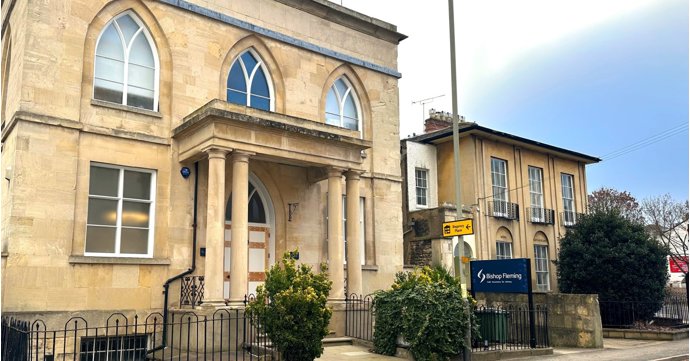Much speculation is debated on the contents of a forthcoming budget — but until chancellor Jeremy Hunt makes the Spring Budget announcement on Wednesday 6 March 2024, it can be somewhat of a guessing game.
With 2024 being an election year, the government has, historically, offered a sprinkling of good news in its previous pre-election budget announcements.
Alex Robins, tax partner at Cheltenham-based Bishop Fleming, said: 'If we are to see announcements on tax cuts, it is widely expected that these will be in the areas of income tax, inheritance tax (IHT) and stamp duty.
'The 2023 Autumn Statement has already announced cuts in national insurance contributions (NICs) from January 2024 and April 2024. There is speculation that the basic rate of income tax could be cut by as much as 2p, reducing the basic rate to 18 per cent. Prime Minister Rishi Sunak had previously promised to reduce the rate by 1p and this cut now appears more likely.'
There has also been much speculation surrounding the potential scrapping of IHT, with Bishop Fleming predicting that there could potentially be a reduction from its current 40 per cent rate for estates worth more than £325,000, to just 20 per cent.
It has also been reported that the prime minister's advisors are discussing unveiling a 'five-year' tax-cutting plan, but that would 'depend on having the requisite finances and being able to form the next government', said Alex.
One of the biggest issues for taxpayers has been the freezing of tax allowances until 2028, forcing, via the fiscal drag (inflation), more and more people to be paying tax for the first time or paying higher rates of tax.
Alex said: 'According to the Institute for Fiscal Studies, even taking into account this NIC cut, the overall level of taxation will increase by more over this parliament than under any previous parliament since records began in the 1950s. That is because of the freeze on tax thresholds, which have normally risen each year with inflation.
'But as they are frozen until 2028, the tax burden increases in real terms as inflation eats away at the thresholds.'
One threshold, however, that has remained unchanged is the High-income Child Benefit Charge (HICBC), which has caught out many taxpayers — couples in particular. Increasing the HICBC threshold would allow some financial relief to around 2.5 million families.
'With inflation on a likely downward trend and hints of a possible Bank of England interest rate cut sometime this year', Alex continued, 'economic factors may give the chancellor more room to manoeuvre on tax cuts, but he may decide to go further and uprate some tax thresholds.'
According to some reports, freezing tax thresholds created an extra three million calls to HM Revenue & Customs during the 2022-23 financial year, compared to the previous year, with more people being pulled into the tax system. When allowances are frozen, pressure is also put on HMRC, as well as people's disposable income, causing ripples across the country.
Bishop Fleming also speculates that the chancellor could be under some pressure from his own backbenchers to be much bolder in his measures and look at radical changes such as scrapping or reforming IR35 (the off-payroll rules) and possibly increasing the VAT registration threshold from its current £85,000.
In April 2024, a single research and development tax relief regime will be introduced and the full expensing relief will be made permanent — but whilst these policies were confirmed in the Autumn Statement, there could be changes in the details announced in March.
For Bishop Fleming's final predictions, Alex said: 'Following Brexit, the government still has plenty of scope to change many EU rules which remain part of UK law, so the chancellor may seek to relax some restrictions affecting certain industry sectors and financial services, while VAT is ripe for post EU simplifications, should the chancellor wish.'
Bishop Fleming is hosting a budget seminar at The Queen's Hotel in Cheltenham on Thursday 7 March 2024, from 5.30pm to 7.30pm, where Alex and his team of experts will be on hand to discuss and explain the budget measures in detail.
Guests will be able ask questions and discuss critical aspects of the new tax measures to understand how they may affect their own personal tax
position or that of their business. To find out more or to register for the event, visit bishopfleming.co.uk.





















